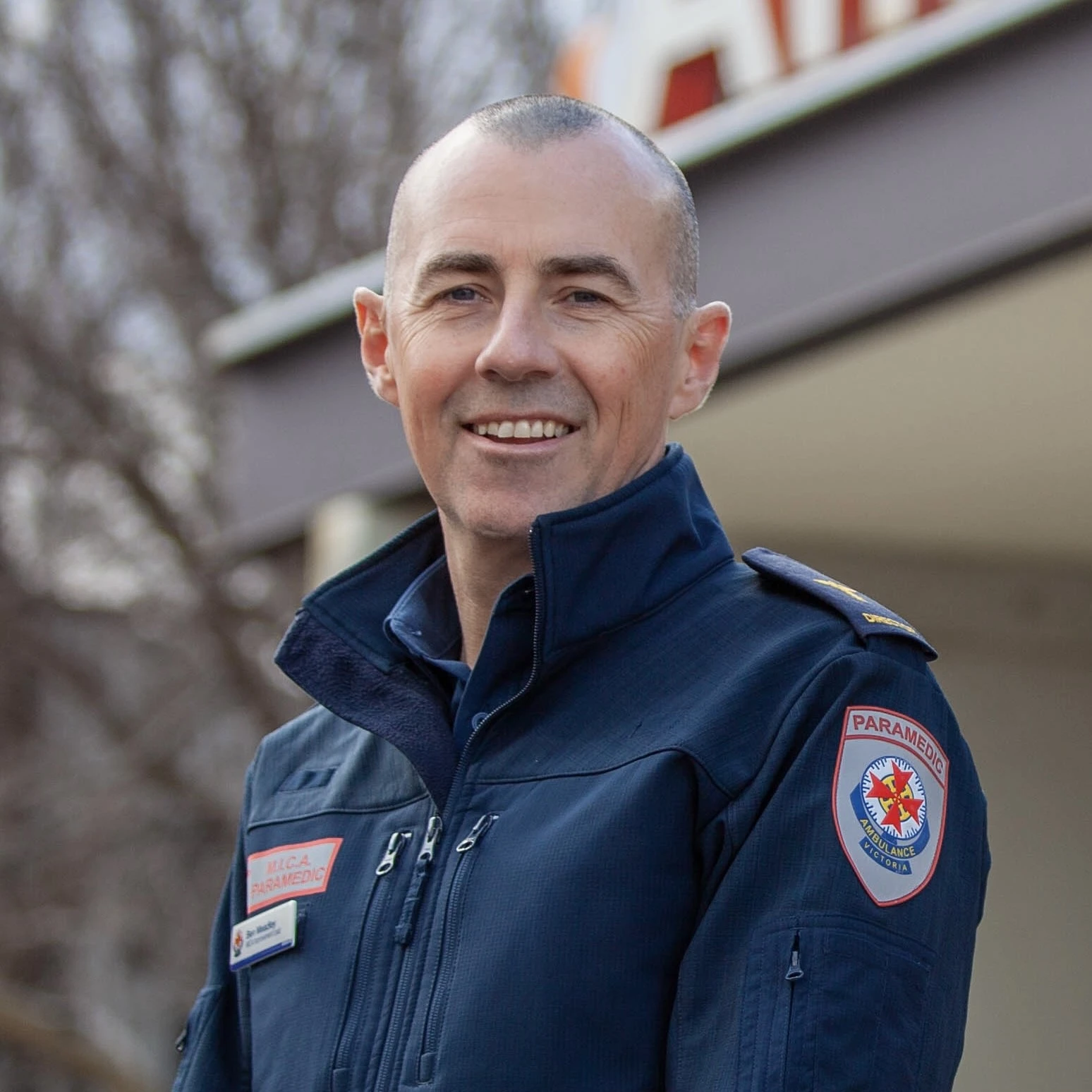
Dr. Ben Meadley ASM is an Adjunct Associate Professor in the Department of Paramedicine at Monash University and Director of Paramedicine at Ambulance Victoria. His research focuses on the physiological and cardiometabolic health of paramedics, human performance in specialist roles, and innovation in prehospital critical care. His doctoral studies explored occupational performance, and the health risks faced by paramedics, with a particular emphasis on physical readiness, shift work, and cardiovascular risk. Dr. Meadley’s work has informed national discussions on paramedic wellbeing and workforce sustainability. He collaborates across academic, operational, and high-performance sectors, contributing to translational research that directly influences frontline care.
Area of research: Physiological and metabolic health of paramedics, Human performance in specialist paramedics, Prehospital critical care and paramedic-led interventions, Cardiovascular and respiratory physiology, Thermal physiology, Paramedic health and wellbeing.
Are you currently taking students: Not currently
Affiliations:
Professional links:
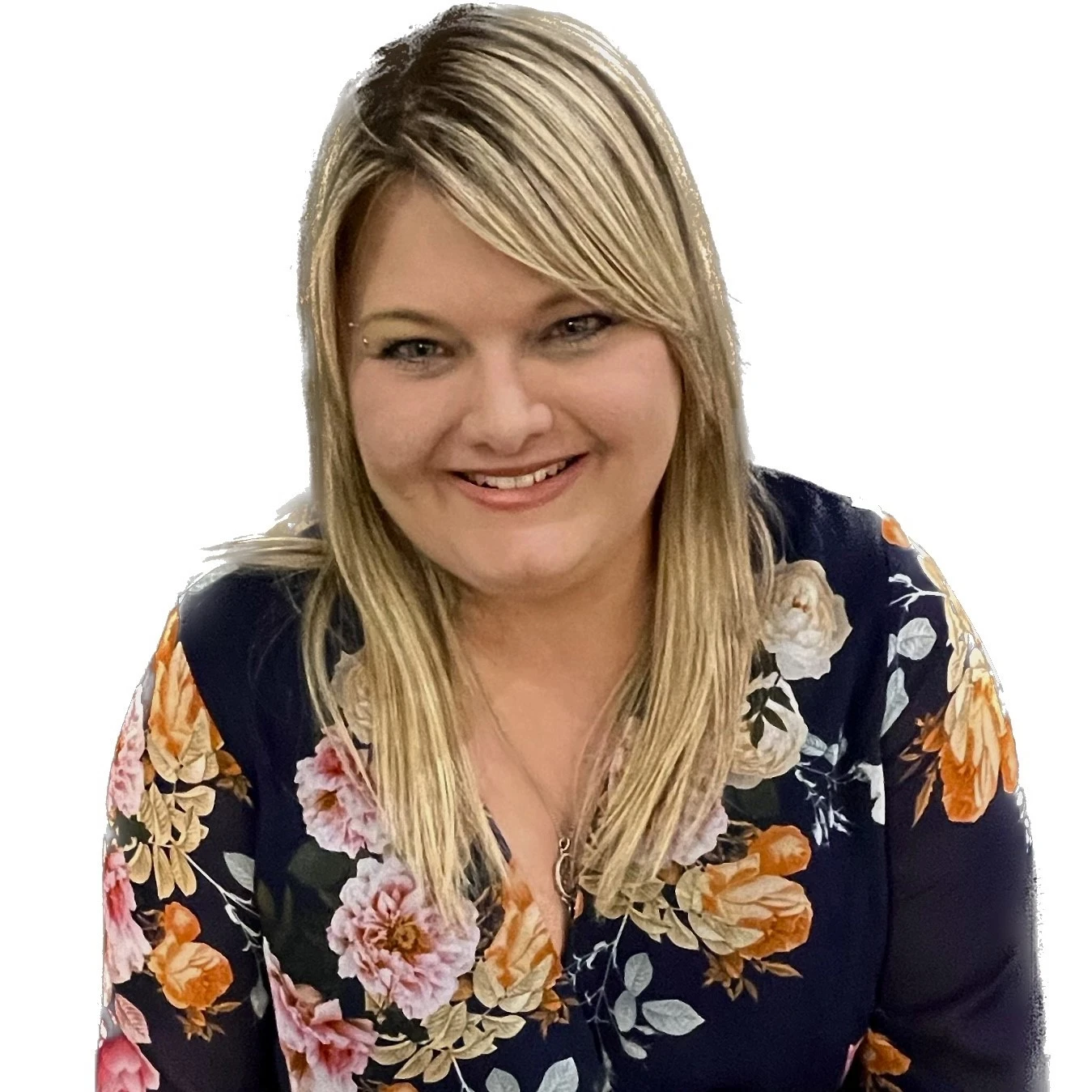
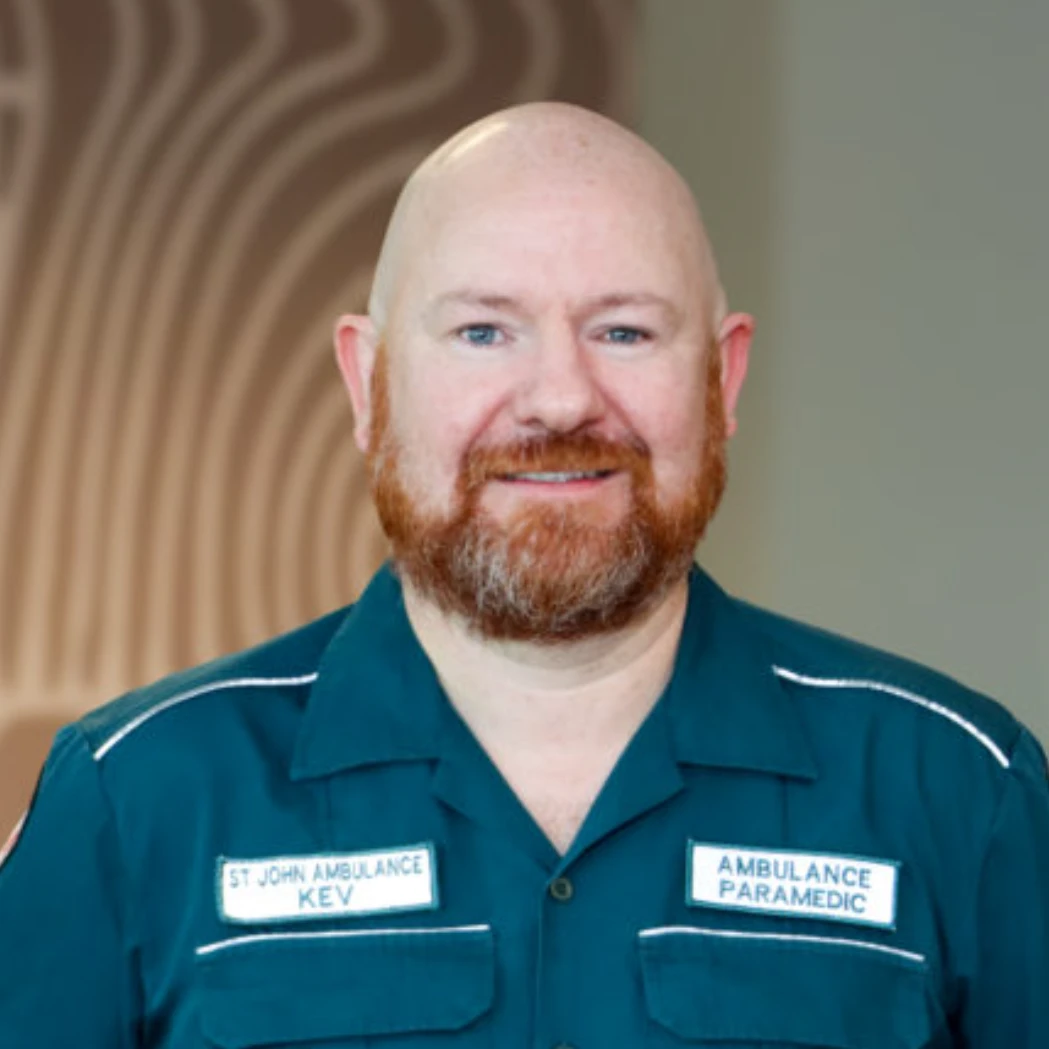
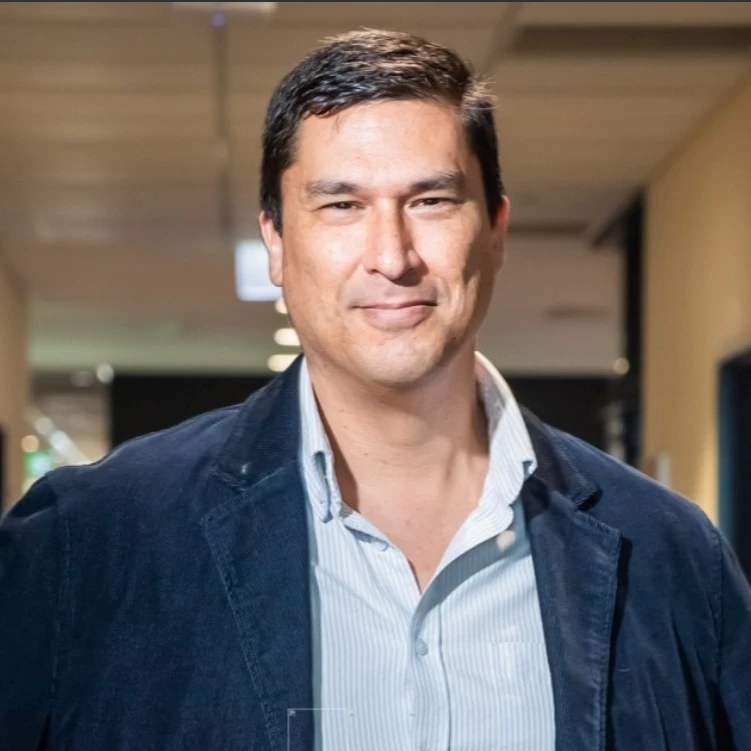
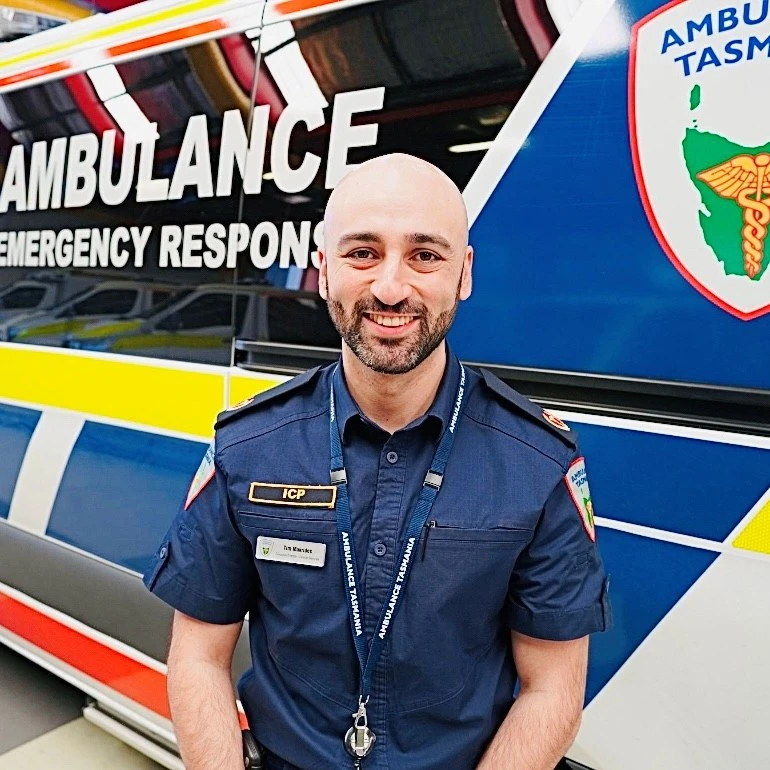
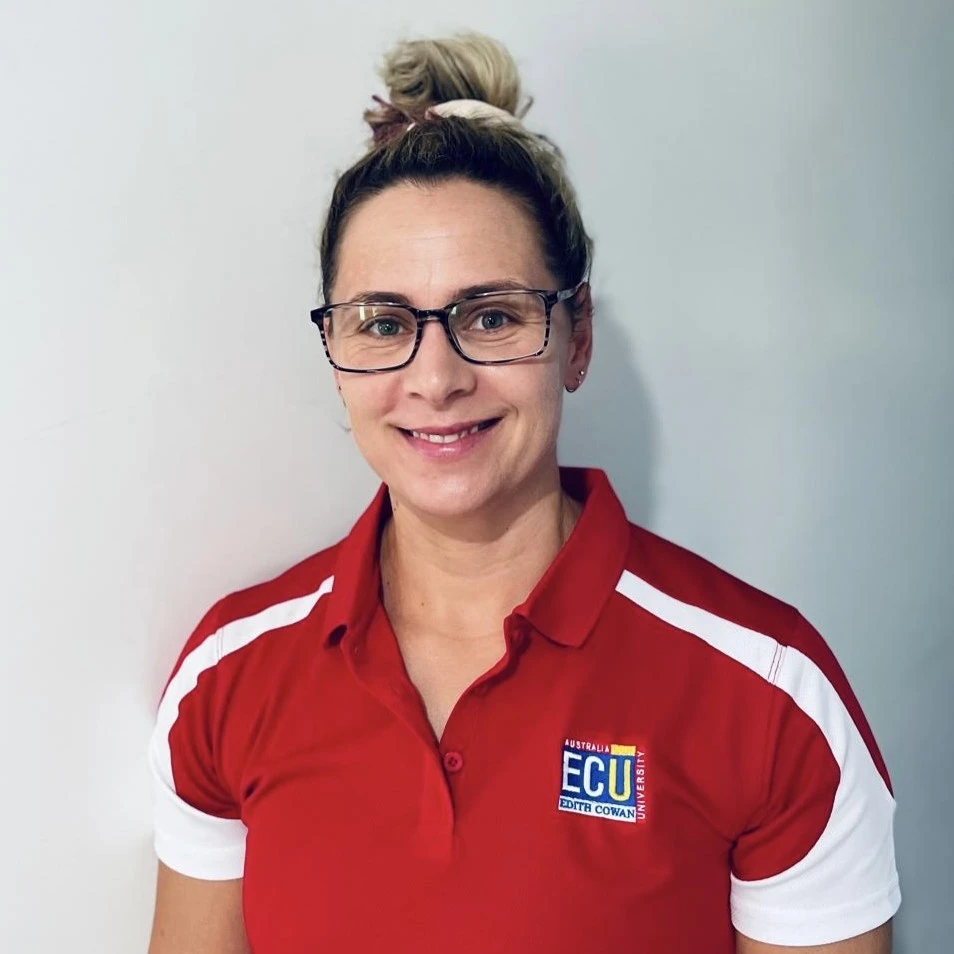
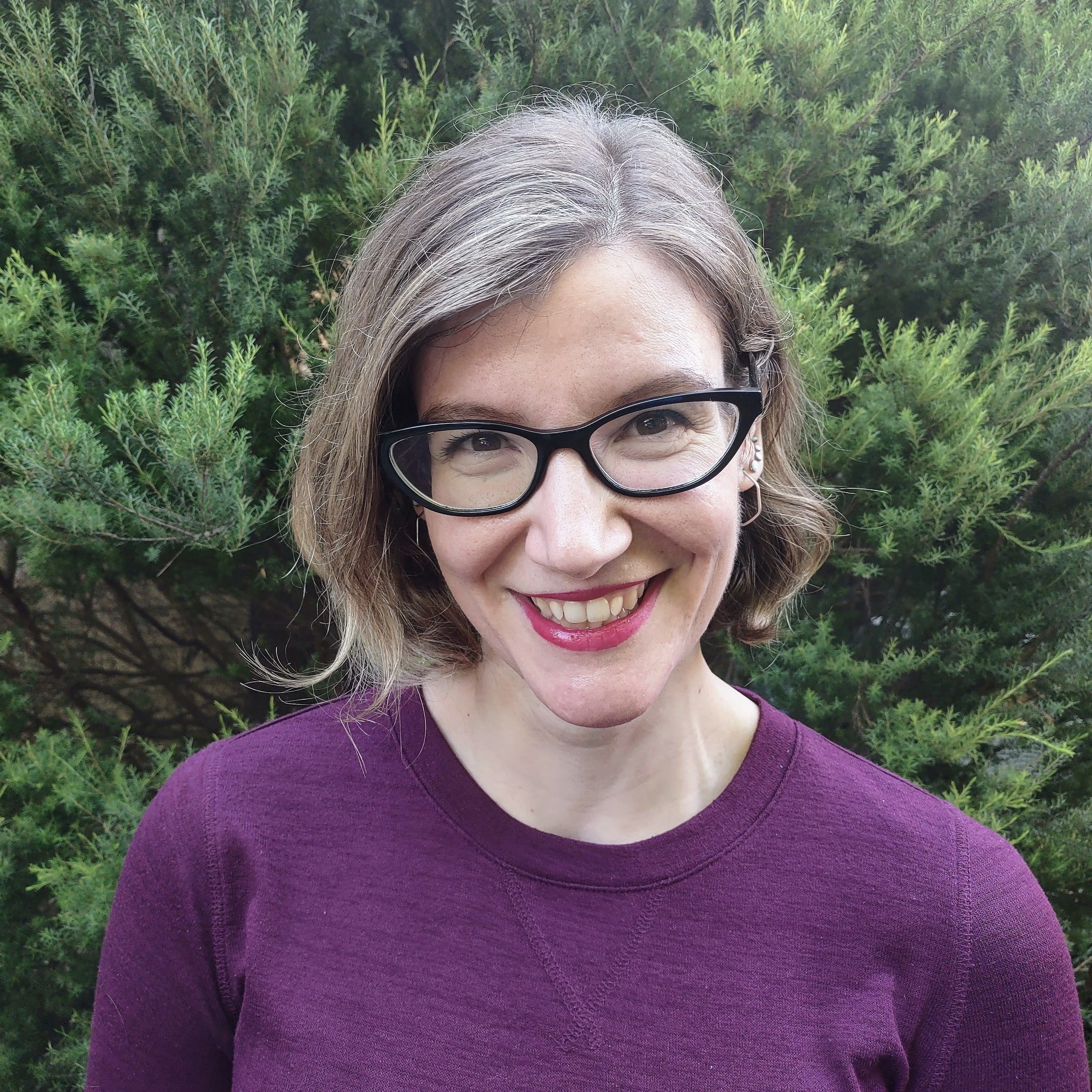
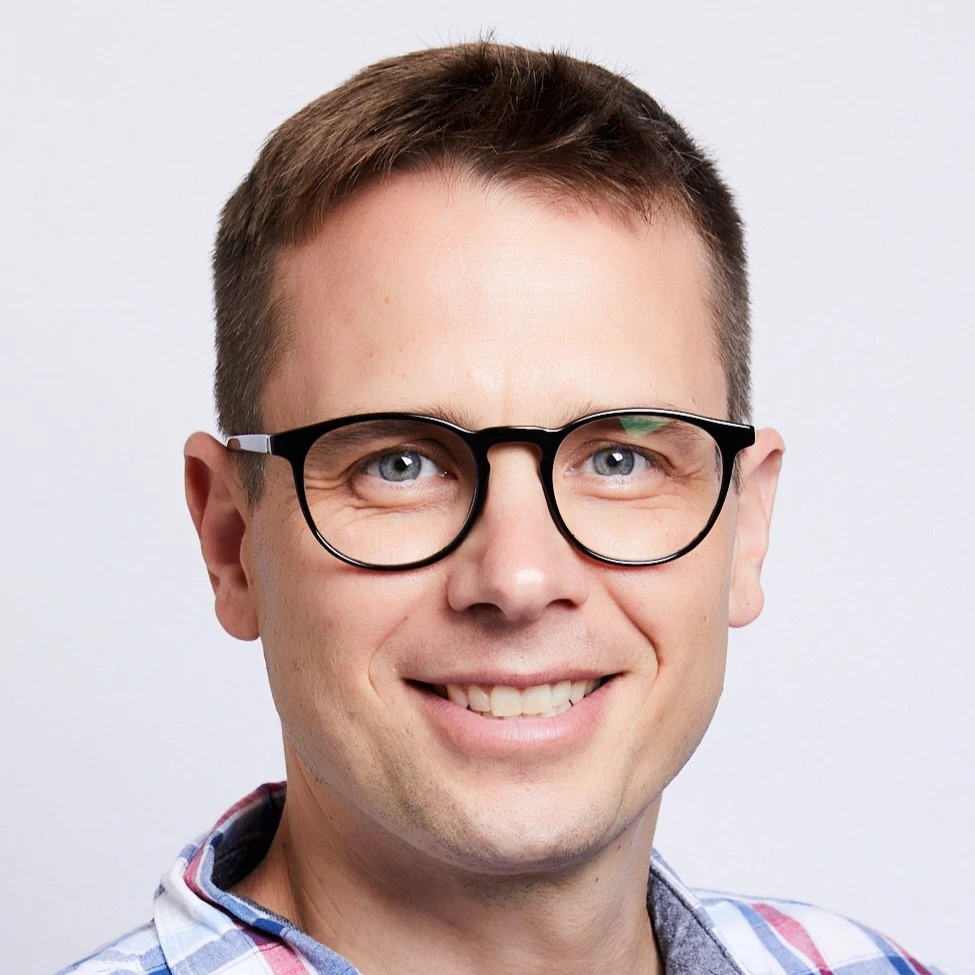
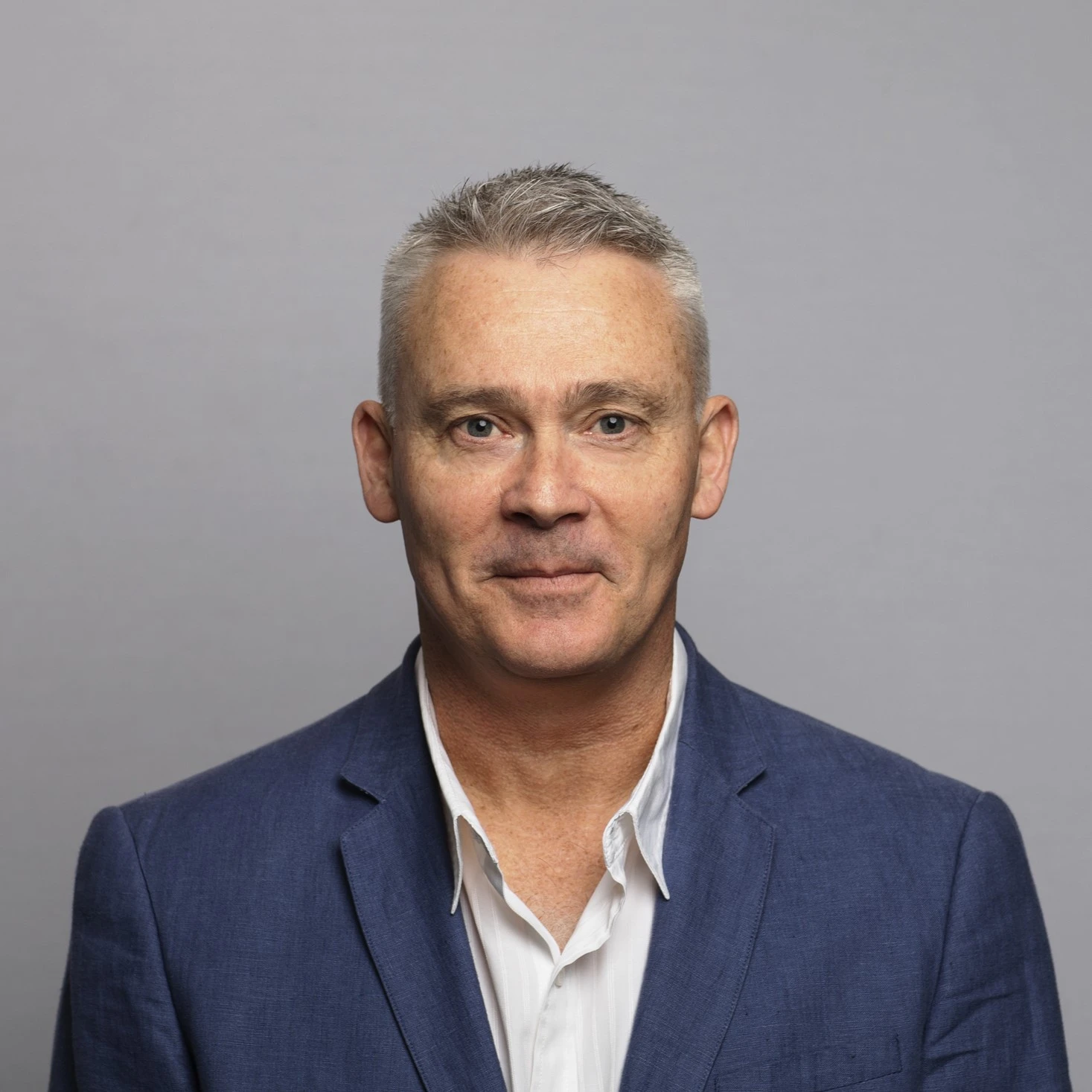
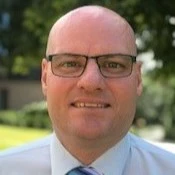
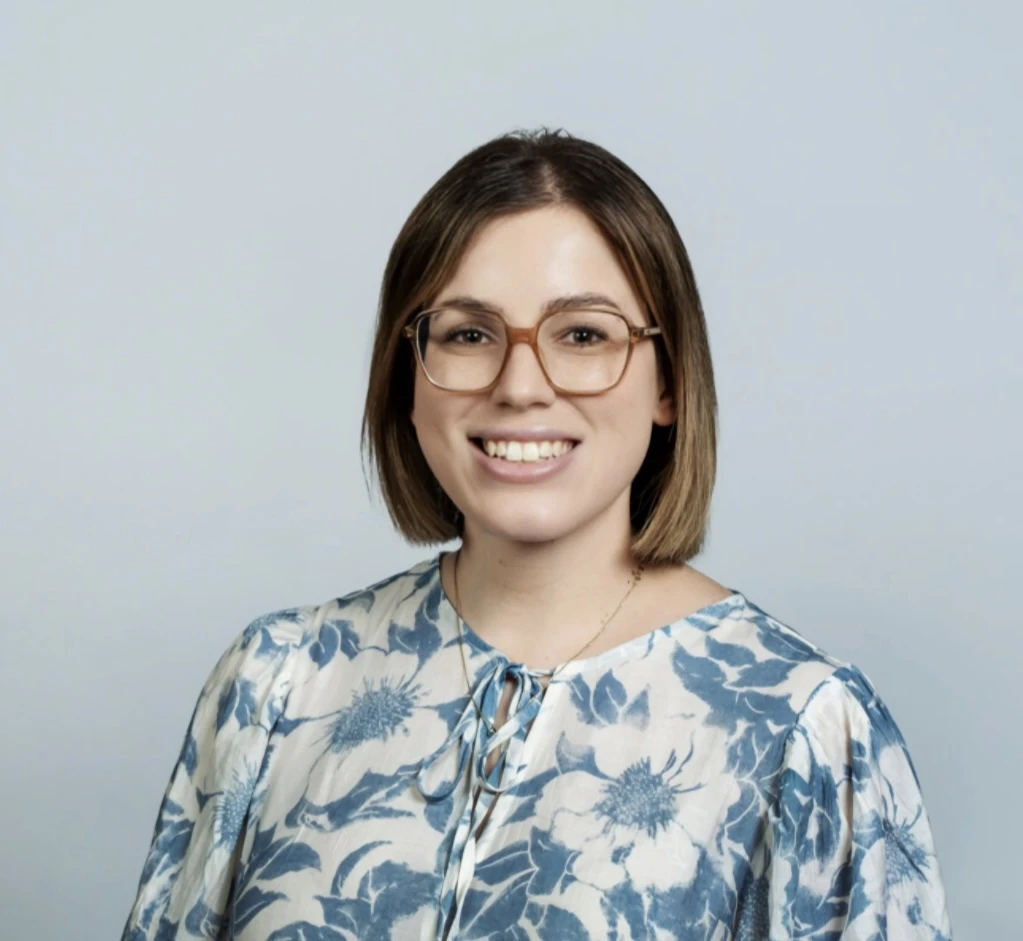
Showing 1 to 10 of 15 results